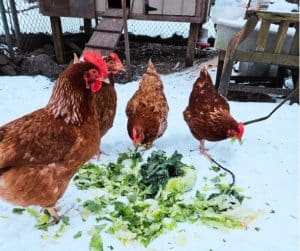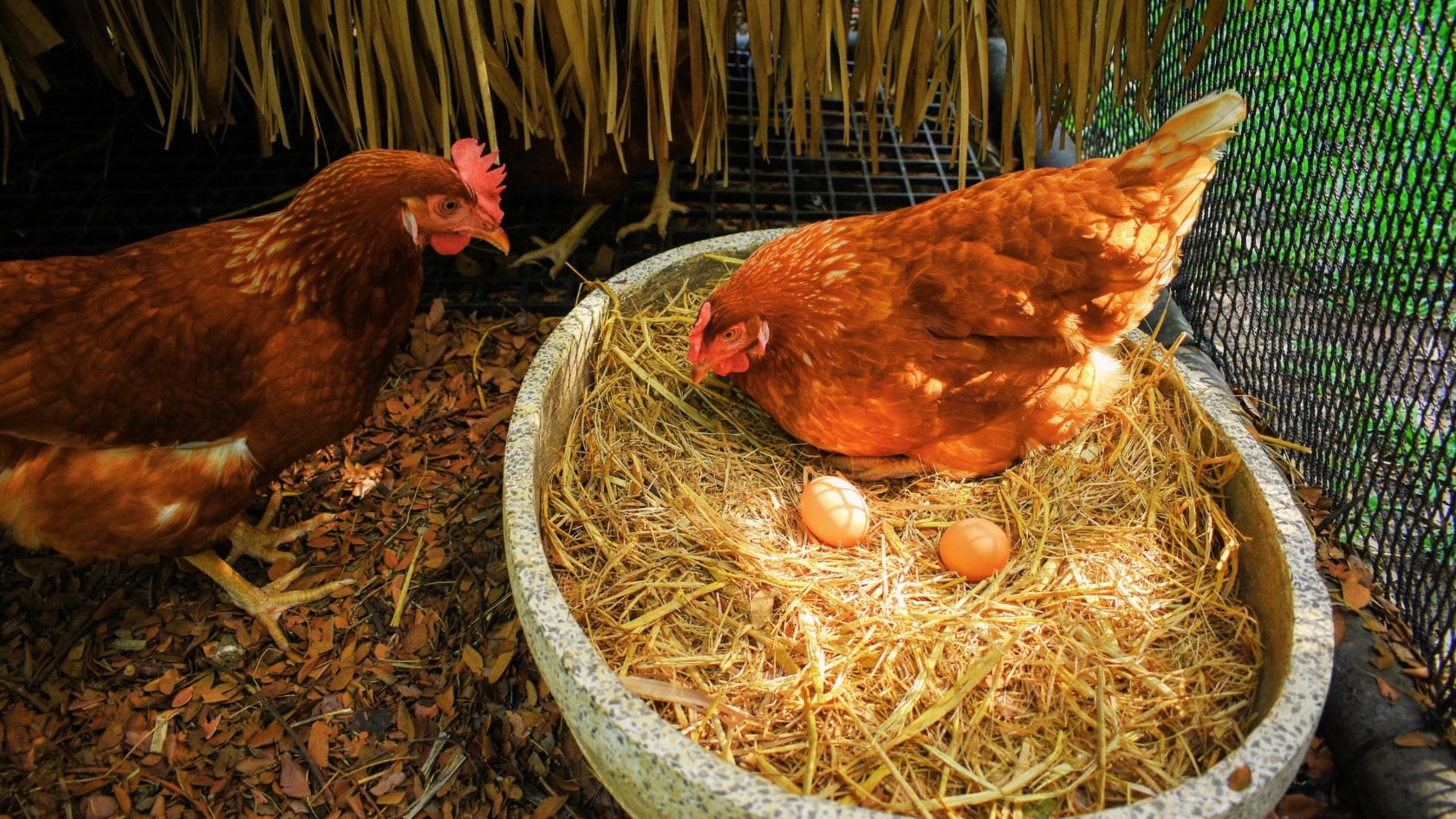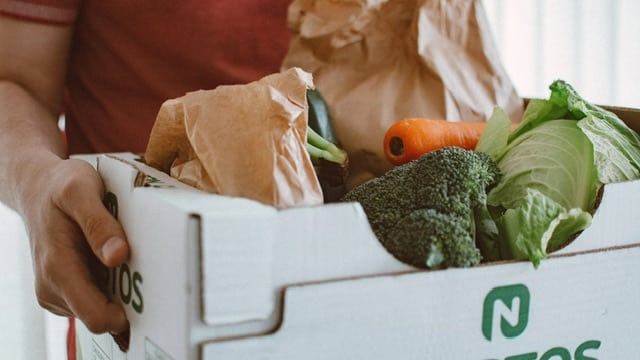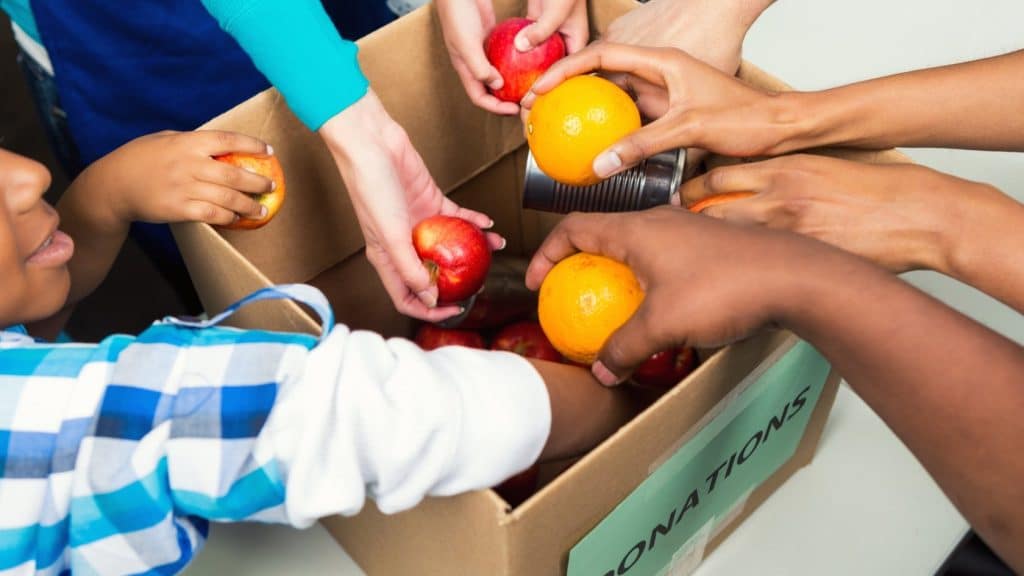In 2009, as I was preparing to launch AmpleHarvest.org, I met a couple in a nearby town who had just received an award for donating their two thousandth dozen eggs (try saying that 5 times fast!) to local food pantries. This encounter helped me recognize some key considerations that would shape the AmpleHarvest.org model.
The Rising Cost of Eggs
Fast forward to today, when a dozen eggs costs more than a gallon of gas—sometimes even two gallons! For those of us with backyard hens, this means we can enjoy largely free breakfasts. I say “largely” because the initial investment for the first egg can be significant. The costs include chickens, a coop, protective fencing, feed, and more. However, after that first egg, the cost per egg decreases dramatically.
Connecting Gardeners and Food Pantries
AmpleHarvest.org aims to connect home and community gardeners with food pantries to share surplus harvests. But what about those of you with backyard chickens? Just like surplus tomatoes or zucchinis, extra eggs can also be a vital resource in the fight against hunger and malnourishment.
The Resurgence of Backyard Chickens
Raising chickens is a time-honored tradition that was once commonplace in America, especially before World War II when many families kept a few hens for eggs. Although factory farming shifted egg production to large operations, backyard flocks have never truly disappeared—and they are making a significant comeback. Many cities and towns, including New York City, now allow residents to keep hens for personal egg production. Fun fact: hens can lay eggs even without a rooster!

Gary’s chickens enjoying lettuce scraps.
Turning Kitchen Scraps into Chicken Feed
Do you have kitchen or garden scraps? Your backyard chickens will love them! Chickens can consume many food scraps, helping to turn kitchen waste into food and reducing your environmental footprint. However, it’s crucial to avoid feeding them harmful items like avocado, meat, fish, chocolate, onions, or salty foods.
By feeding scraps to your flock, you’re not only generating fresh eggs but also combating climate change by keeping food waste out of landfills. Less waste leads to fewer methane emissions, making your flock an eco-friendly solution to food waste.
Natural Fertilizer for Your Garden
Beyond providing eggs and reducing food waste, chickens are excellent natural fertilizers. Chicken droppings are rich in nitrogen, phosphorus, and potassium—essential nutrients for your garden. Just remember to compost or age the droppings properly to prevent burning your plants!
Donating Extra Eggs
If you find yourself with more eggs than you can use, consider reaching out to local food pantries. While our primary focus is on fresh produce, many food pantries are happy to accept fresh eggs as long as they are clean. Be sure to call ahead to ensure they can take the eggs.
The Bottom Line
Backyard chickens are beneficial for you, your wallet, the planet, and your community. Whether you’re growing tomatoes or gathering eggs, your efforts can make a significant impact. If you’re already gardening and donating, think about adding a flock of hens to your backyard. They’ll help reduce food waste and provide fresh, nutritious food for those in need.



